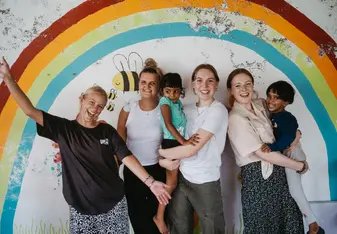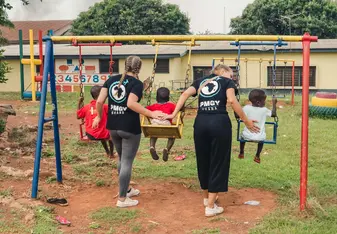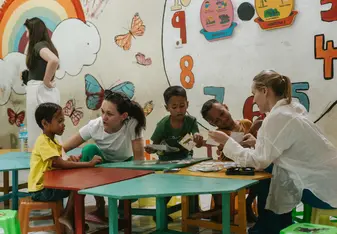10 Things I Wish I Had Done Differently as a First-Time Volunteer
A seasoned volunteer shares what she would have done differently the first time. Learn about how to make the most of your volunteer experience before you go.
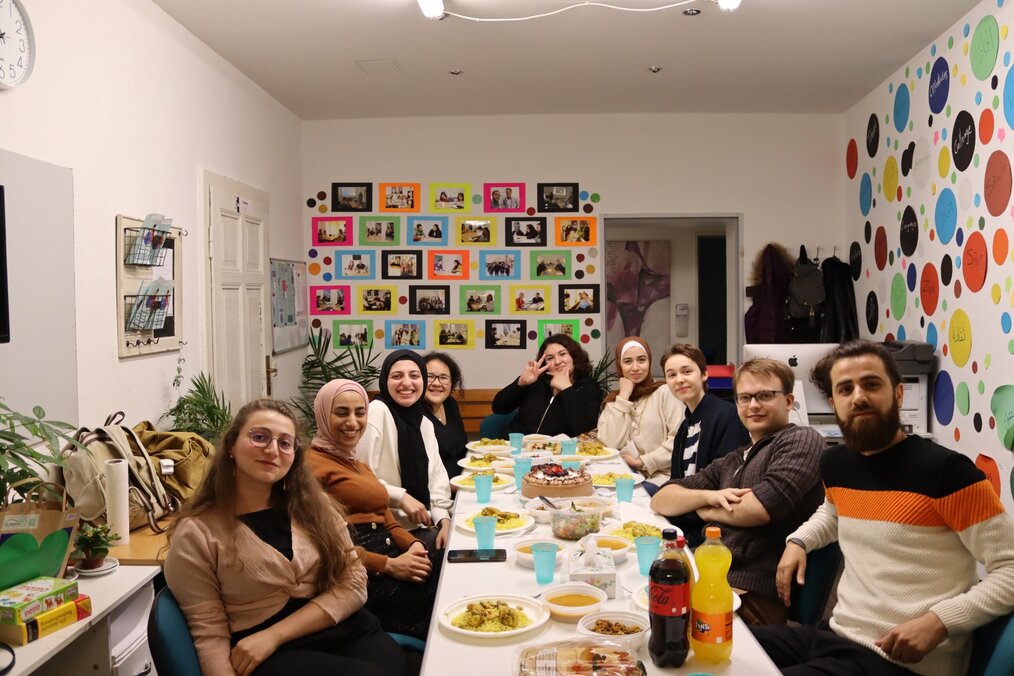
Since the close of my two years of service as a Peace Corps volunteer in Madagascar, I've thought a lot about the projects I've completed, and things I have accomplished as a volunteer. Because of the focus Peace Corps gives to cultural exchange and integration, and our commitment to a full two years of service, we have some advantages over shorter-term volunteers.
We get to know our host community, its customs and culture, and even the language (sort of...) and we work at a grassroots level. We have enough time to take on more intensive projects. But despite the successes, for every one thing I wouldn't change, there are at least five others I wish I had done differently while volunteering abroad for the first time.
Here are ten of the biggest things that my fellow volunteers and myself wish we did differently as first-time volunteers overseas.
1. Documented my projects more thoroughly
I was so afraid of being looked at differently for having an expensive camera or being constantly bugged to print photos, that I almost never took photos of my work. At the same time, when I look back on the blogs and journals I wrote about my time as a volunteer, I gave little focus to my actual job.
Because of the focus Peace Corps gives to cultural exchange and integration, we have some advantages over shorter-term volunteers. We get to know our host community, its customs and culture, and even the language.
I wish I had done more of that! Not only is it something that people back home want to hear about, but it would have been incredibly helpful in reminding myself of all the little projects when putting this experience on my resume.
Read more: How to Put Your Volunteer Abroad Experience on a Resume
2. Learned how to deal with small annoyances sooner
It’s hard not to let the little things annoy us, and it took me a while to become really good at dealing with them. Becoming good at the language and more comfortable with my surroundings was a big part of adjusting my attitude for the better.
When I knew more Malagasy, the national language of Madagascar, I was finally able to joke with people when the 12th person in one day said “wow, you speak Malagasy?!” I could better tell the difference between people being rude and people just being curious.
I also got more comfortable wearing my headphones in public (a big plus!) but until then I would often get flustered, confused, or annoyed, which could, unfortunately, turn a perfectly good day into a bad one. However, I never did quite get used to people staring at me all the time.
3. Embraced my role as an outsider

Especially when we spend two whole years living and working with a community, it can be heartbreaking to still be seen as (and called) foreign.
I should have accepted this earlier on, and even embraced the positive aspects of it. Being foreign means our communities look to us to learn about the US and the outside world - we are experts suddenly - and sometimes other random things, like how to use a computer.
At the same time, being different gets us more attention. I didn't love the attention, but when I visited other volunteers who embraced the attention and their role as the token foreigner, I could see that it really helped their projects be successful. It may be hard to accept that being foreign is just an observation of the obvious, but it's incredibly beneficial if you are able to do so in a positive way.
4. Taken more advantage of NGOs nearby
Accomplishing certain volunteer projects is impossible without funding. Others would have had a much bigger potential if I had partnered with a relevant NGO, charity, or government organization to get access to resources or training. What's more, partnering with a local NGO could have gotten someone else who is passionate about developing their country to get involved in a project I started and keep it going well into the future.
As volunteers, our biggest impacts are the ones that will outlast our service and there are so many organizations out there that can help us do just that. On a more self-serving level, building a relationship with one of these NGOs in a professional capacity would have been a great networking opportunity.
Read more: 50+ Awesome Volunteer Project Ideas
5. Gotten out of my comfort zone more often
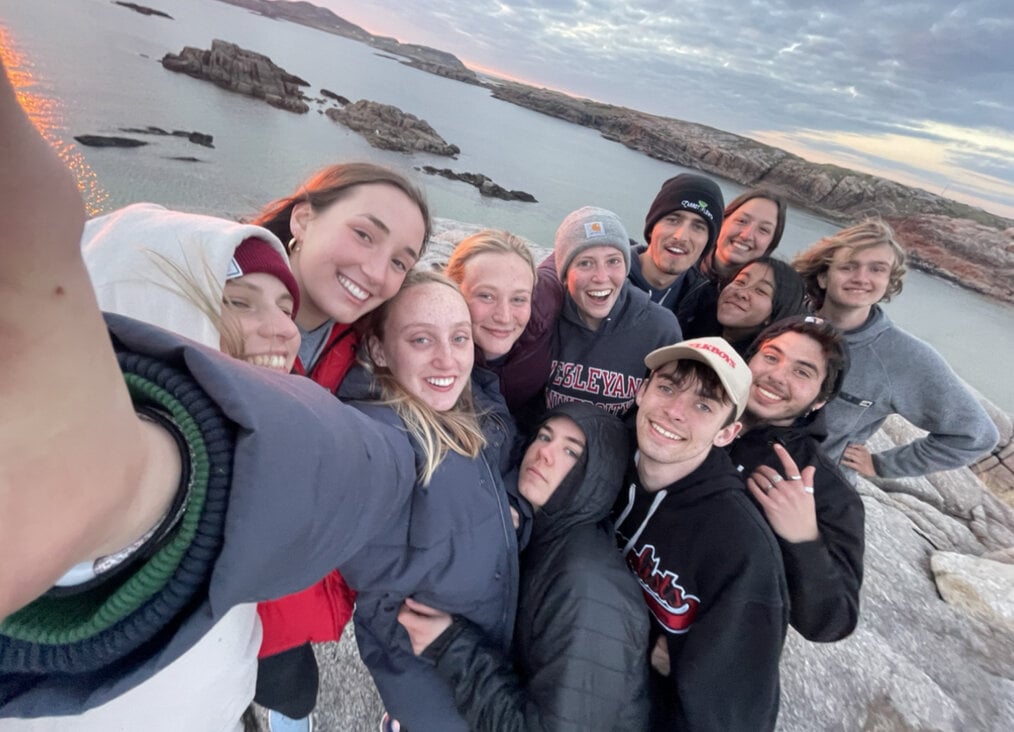
I’ll be the first to admit that while I put a lot of effort into getting out of my comfort zone, making friends, and integrating into the community during my first year, my zest for continuing to do so during my second-year sort of dwindled.
I wish I had continued to “do something scary every day” (as a fellow Peace Corps Volunteer put it) instead of plateauing with my community integration. Even if you have been living in a community long enough to feel like you really know the place, there’s always someone new to meet or something new to discover!
Read more: Top Ways to Reduce Homesickness Abroad
6. Done better research on my host country
I received my acceptance into the Peace Corps a month before I left, and instantly found myself rushing to wrap up loose ends in the States. So, unfortunately, I spent little time in front of the computer researching where I was going, but lots of time enjoying my last few weeks in the US.
As volunteers, our biggest impacts are the ones that will outlast our service and there are so many organizations out there that can help us do just that.
While I don't regret it, I do wish I had done more than skimmed Lonely Planet's overview and a National Geographic article. I could have followed some blogs of volunteers with my program here, gone on expat forums, and gotten an idea of what it's like to live and work in Madagascar's different regions.
Unlike traveling, you don't usually have the same freedom to "just go somewhere else" once you make the commitment to volunteer with a particular community or organization, so playing it by ear might not work in your favor.
7. Done the "one month challenge"
I loved my Peace Corps friends and generally spent my weekends in a nearby city trying to remind myself that most 20-somethings don’t spend their Friday nights watching old TV reruns and going to bed at 8:30 pm. However, it would have been a good experience to have at least once tried the "one month challenge", where volunteers spend one whole consecutive month without leaving their town or village. I’m sure it would have given me a whole new perspective on life in my town and made me appreciate pizza all that much more...
Read more: 9 Peace Corps Alternatives to Inspire You to Volunteer Abroad
8. Brought donations for my organization with me
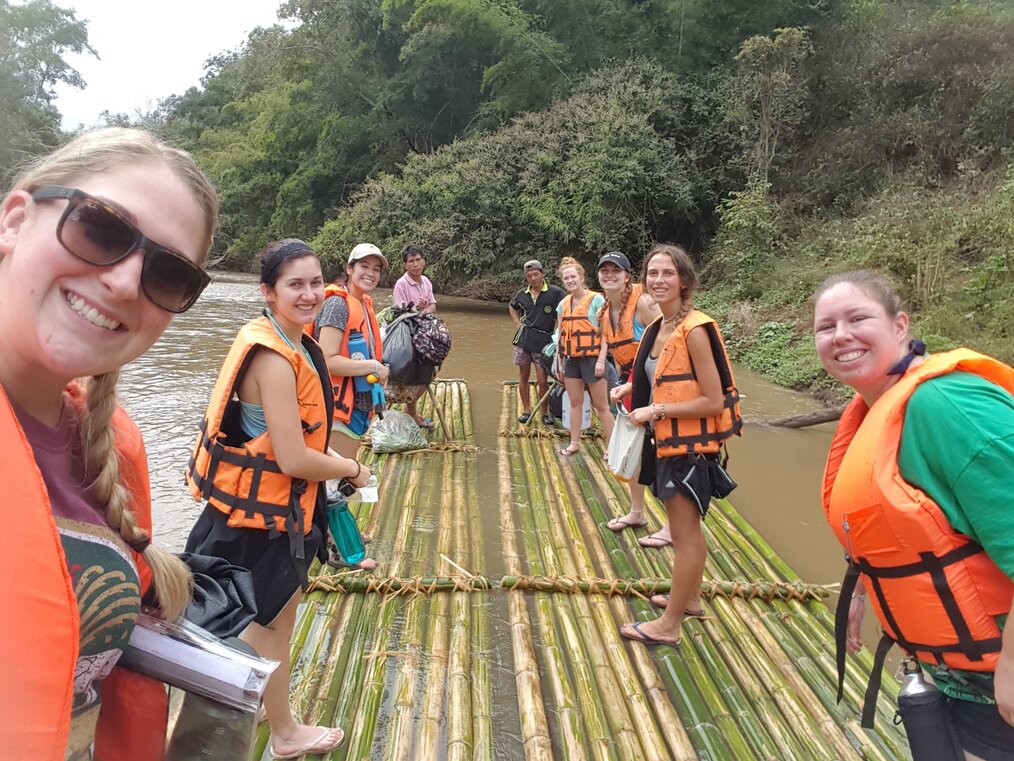
Before leaving, I knew I was going to be a teacher. I could have done myself and my school a favor by filling the extra space in my bags with donations for the school, like kid's books or stickers.
Admittedly, it was difficult to know what exactly would benefit my school and town the most (for example, I would have had no idea that colored pens were better to give than crayons), but reaching out to bloggers or my volunteer program could have given me ideas.
Read more: How Do Communities Abroad Benefit from International Volunteers?
9. Learned the local language(s)
Not to boast or anything, but while in Madagascar I got pretty good at speaking and understanding the national language, Malagasy. I wouldn't have been able to accomplish as much as a volunteer, if I hadn't taken the opportunity to learn the language. However, Malagasy is not in demand as French and I wish I had taken advantage of learning Madagascar's second official language -- it would have been more advantageous for future jobs and travels.
10. Started more projects using my passions and skills
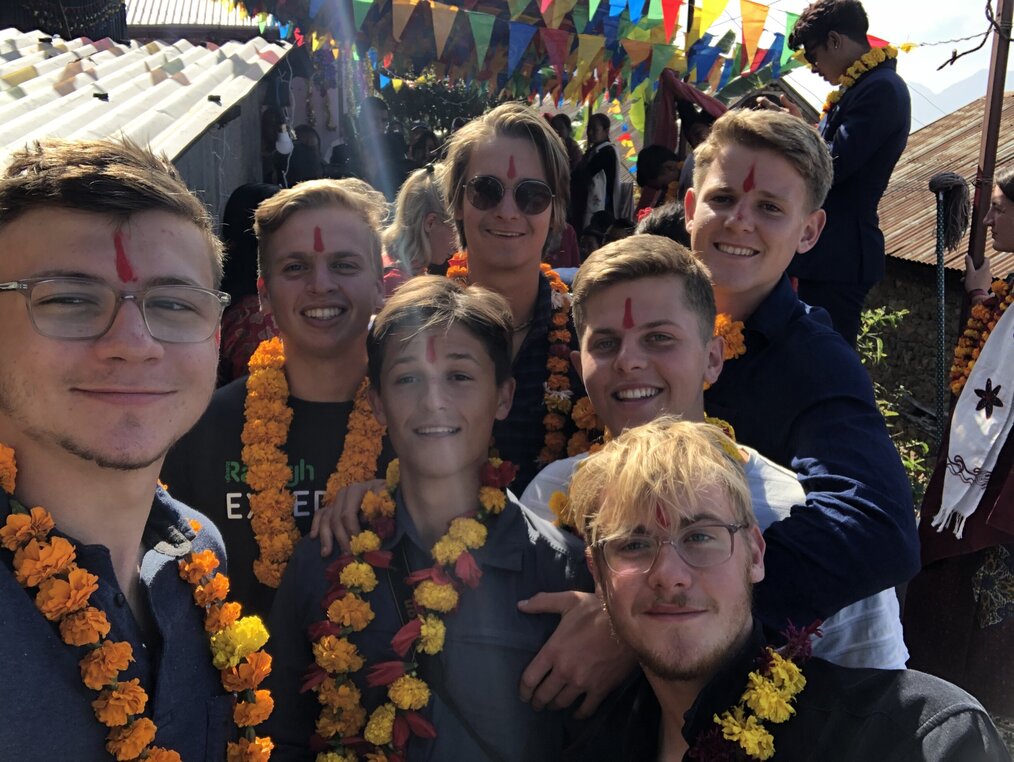
Most volunteers, in Africa and otherwise, are already set up with a primary job when they arrive. Mine was teaching English. I enjoyed it, but I wish I had put more energy into side projects that involved my passions and skills. For example, I did host a weekly cooking class for the women in the area and it was a great way to bond over a common interest and share with them one of my most missed parts of American culture -- the food! This was one of my most enjoyable projects and I only regret not having done more like it.
Even if you have been living in a community long enough to feel like you really know the place, there’s always someone new to meet or something new to discover.
Do it right the first time
Being a first-time volunteer in Africa was tough work. It was challenging physically, emotionally, and professionally. When I look back on the work I’ve done and my accomplishments, I do see that there were things I could have done better, but mostly I have no regrets. Even with all the blunders and little mistakes, volunteering in Africa gave me a chance to prove what I was capable of, and judging by my community’s sad goodbyes, they were grateful for the work I’ve done and I know I’ll be missed. If I could do it all over again, surely, I would.

